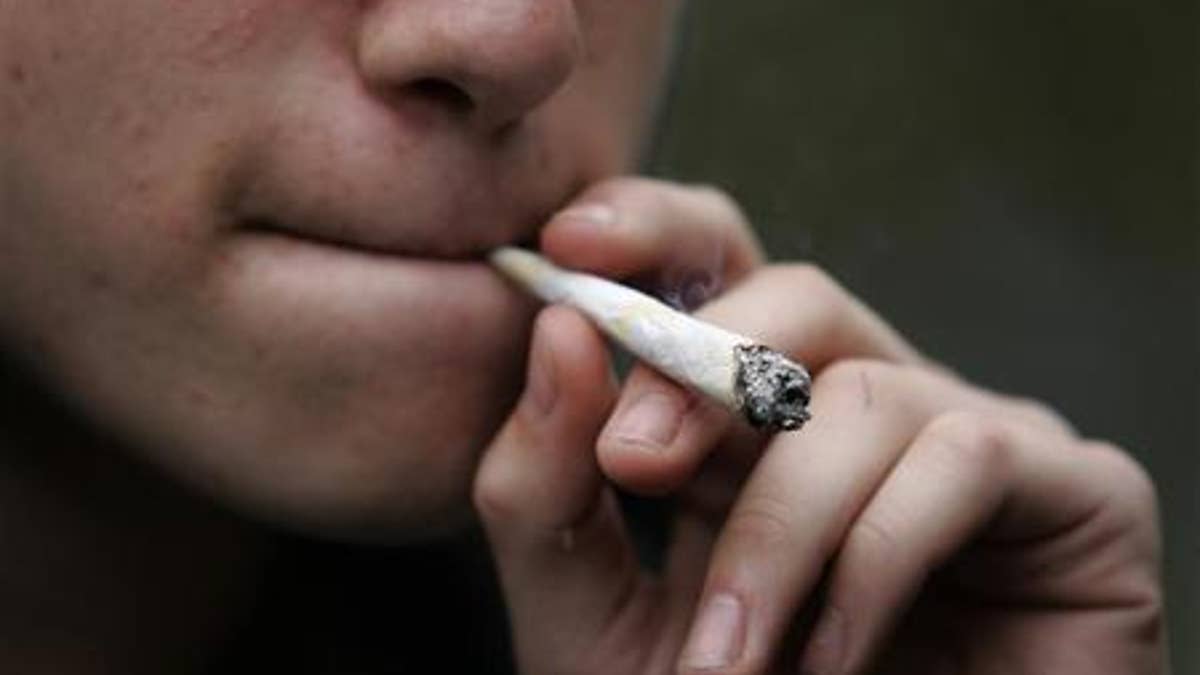
(REUTERS)
Smoking marijuana may increase young men's risk of testicular cancer, a new study suggests.
In the study, marijuana users were about twice as likely to be diagnosed with testicular cancer compared to those who had never used marijuana. The link was particularly strong for the types of testicular cancer that tend to have a worse prognosis, the researchers said.
The study only found an association, and does not show marijuana use causes testicular cancer. However, the work is the third study to find such a link, and the results warrant investigation into whether compounds in marijuana smoke may be carcinogenic to the testes, the researchers said.
Testicular cancer is most common in young or middle-age men, and often beings in the cells that make sperm, or germ cells, according to the National Institutes of Health. Rates of testicular germ cell tumors have been increasing in recent decades, as has marijuana use, said the researchers from the University of Southern California.
They analyzed information from 163 men ages 18 to 35 who were diagnosed with testicular cancer between 1986 and 1991, and compared them with 292 healthy men matched for age and race. Participants were interviewed about their previous and current drug use.
Those who had ever used marijuana were 2.4 times more likely to be diagnosed with types of testicular cancer called non-seminoma and mixed germ cell tumors. These types of testicular cancer come with a somewhat worse prognosis than the so-called seminoma tumors.
More frequent use of marijuana did not increase cancer risk. In fact, those who used marijuana less than once a week were at increased risk of developing testicular cancer, but those who used it more frequently were not.
It's not clear how marijuana may increase testicular cancer risk. The active ingredient in marijuana, THC, binds to cannabinoid receptors in the body, which are present in the brain as well as the gonads. THC may impair testicular health by disrupting the signals of the compounds that normally bind to cannbinoid receptors, the researchers said.
It's possible that men who did not have testicular cancer were not as motivated to report drug use as those with cancer, which could affect the results, but the researchers said evidence has shown that such reporting bias cannot completely explain the link.
The study is published online Sept. 10 in the journal Cancer.
